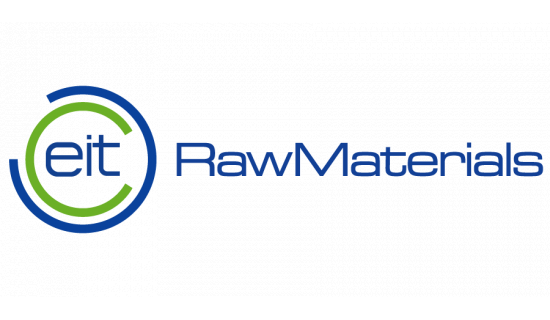Project EIT Raw Materials FENICE
Fire resistant Environment-frIendly CompositEs
FENICE will achieve weight reduction in comparison to steel battery boxes, using FML and innovative composites, instead of light alloys with several advantages in terms of sustainability & safety. As verified in the aeronautic sector, FML are much more tolerant to fire accidents, impacts and fatigue.
The project will develop prepregs as semifinished products, for reducing manufacturing costs and increasing reliability. These prepregs will be associated with thin metallic foils, with no structural function, so recycled Al can be used. Both prepregs and metallic foils can be circular-recycled, in line with EU Directives about EOL reuse of automotive materials. Glass and basalt will be the fibres of choice, to avoid non-recyclable and high embodied energy C-fibres. as validated in previous KAVA 5 “C2CC”, ensuring cost and environmental advantages.
FENICE will develop the engineering for a patented novelbattery-box-concept, optimising for the final target production of one million pieces per year (starting from 100k in 2026). This implies that assembly, disassembly and recycling will have to be investigated for all the adopted materials with an industry driven approach. Several high sustainability resins will be investigated, with specific focus on biobased resins, C2C recyclable vitrimers and reactive thermoplastics. FE modeling will support component engineering & validation. Qualification, accelerated ageing in expected working conditions & precertification will be performed.

